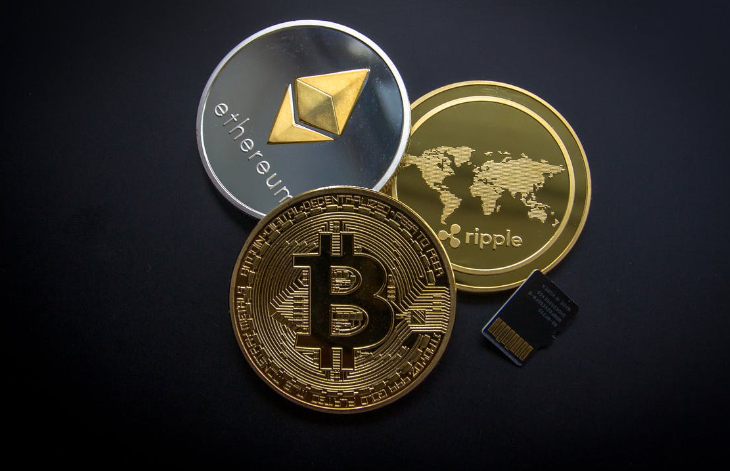
On Saturday, July 16, Russian President Vladimir Putin signed into law a national ban on using digital assets for payments.
The action comes after the Russian government and central bank have debated on what they should do about cryptocurrency.
In January, the Bank of Russia proposed a ban on cryptocurrency for payments or investments, according to Engadget.
In February, Russia’s Finance Ministry submitted a draft of crypto regulations to the government, which allows for investing in digital assets like Ethereum or Bitcoin, but not using them to purchase things.
The law was published on the Russian parliament website.
It states that the government has “prohibited to transfer or accept digital financial assets as a consideration for transferred goods, rendered services, performed works,” and other ways that allow one to assume payment for goods by a digital financial asset, except as otherwise provided by federal laws.
Also Read: Russia’s Energy Suppliers Share How At-Home Crypto Mining Can Be Prevented! Here are Their Plans
Russia has been in the crypto debate since the country invaded Ukraine in early 2022. As a result, massive crypto companies like Binance and Coinbase said they would comply with US or EU laws on limiting Russians using crypto exchanges.
Crypto legislation in Russia is very complicated since the country’s central bank previously called for a ban on Bitcoin mining and crypto transactions, but in early 2022, Russia’s Finance Ministry said that it would be necessary to allow cryptocurrency technology to develop.
President Putin had positive comments about Bitcoin mining back in January when he said that the country had “competitive advantages,” including a “surplus electricity and well-trained personnel available in Russia” to mine the currency.
According to the data from CoinMarketCap, Bitcoin closed the week down about 5% to $20,790.64, Ethereum holding at $1,231.54, down less than a percent over a week.
Decrypt reported that Putin believes that Russia has competitive advantages when it comes to mining cryptocurrencies like Bitcoin.
Putin’s comments came after the government’s Finance Ministry said it would be “necessary to allow” these types of technologies to develop, and that the ban on crypto is not needed.
In a video call with government members, Putin talked about the Bitcoin mining and cryptocurrency transactions ban and said that the “central bank has its own position, and the expansion of this type of activity carries certain risks.”
Putin added that Russia has “certain competitive advantages,” especially in mining, due to the surplus of electricity and well-trained personnel that they have.
Cryptocurrency mining is the process of verifying transactions on the blockchain and minting new coins or tokens using computers. Mining Bitcoin is a process that uses a lot of energy and requires powerful and expensive machines.
Russian Bitcoin miners provide 10% of the computing power to the Bitcoin network, but the country’s authorities have talked about the restrictions on the industry several times.
China, which at one point was where most of the Bitcoin mining activities happened, recently banned the practice due to environmental concerns.
The China ban on Bitcoin mining has since caused a migration of miners to other countries.
Related Article: Putin Makes Cryptocurrency Legal in Russia: Top 5 Points
This article is owned by Tech Times
Written by Sophie Webster
Sign up for our free newsletter for the Latest coverage!
![]()


